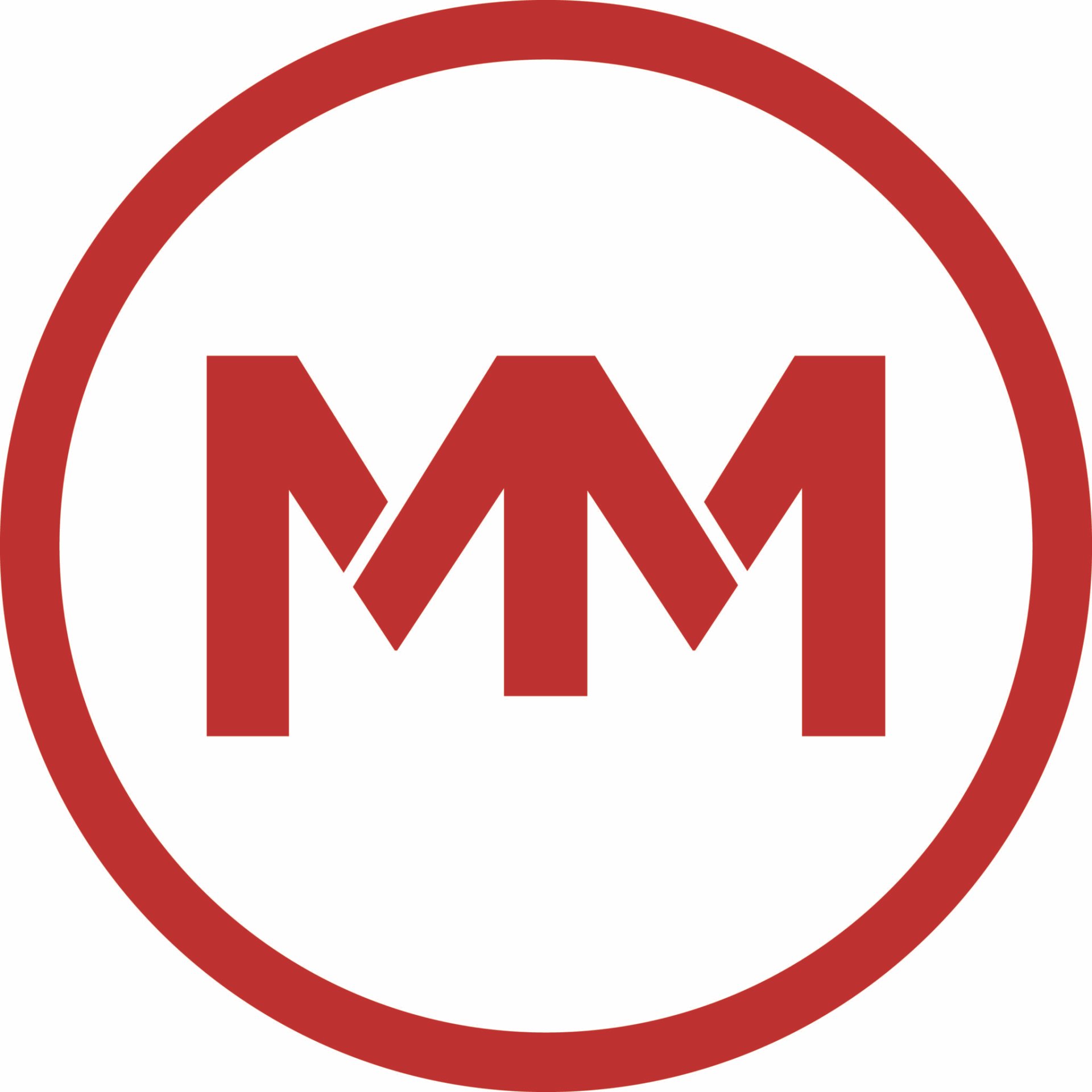Don’t Do This! Simple money tips for first-time homebuyers
Have you decided to stop renting and start your home-buying journey? If so, congrats! We’re so excited for you to start this new chapter!
This also means you’ve probably started to think about applying for a mortgage. And just like many parts of the home-buying process, there are definitely some things you should avoid if you want a smoother application process.
But don’t worry if you’re not sure what those are! We’ve put together a list of actions you should avoid if you’re applying for a mortgage.
Don't open new lines of credit.
Try not to open any new credit if you’re applying for a mortgage soon. This includes car loans and even store credit cards.
Why? Your credit rating gets pinged with every new credit application you make, even if you never use that line of credit! Lenders check your credit history at pre-approval, but they recheck it just before closing. If your credit rating drops, your mortgage pre-approval could be denied.
Our advice is to wait until after you've closed on your home before taking out any new credit like a car loan or a new credit card.
Don't make major purchases.
We know furnishing your new home can be exciting but trust us and don’t buy any big ticket items until you close on your new home. If possible, use cash, especially if purchases are small and you're not tapping into your down payment or closing costs savings.
Besides, you'll probably want to see how well you can handle the costs that come with new homeownership for a while before you buy that new car or luxury sectional. We suggest staying the course and making a few months of mortgage payments before allowing other large purchases to stretch your budget.

Don't close or max out credit cards.
It's also important not to pay off a loan or credit card account before closing on your home. The length of time you have credit in good standing is a key factor used to calculate your credit score, and if you close an account, all that credit history is wiped from your report. This can lower your credit score and increase your DTI — aka your debt-to-income ratio.
Additionally, credit scores depend on credit utilization — the percentage of available credit you're currently using. A good benchmark is to maintain a high credit limit but use less than 30%. Closing an account will immediately increase your credit utilization.
So our tip is to keep existing accounts open and active and don't close them until after closing. Sometimes that might mean paying an annual fee but it'll be worth it if the higher credit score gets you a lower interest rate over the life of your loan.
Don't consolidate debt into fewer cards.
When it comes to buying a home, debt consolidation has pros and cons, depending on timing. If you decide to consolidate debt just before going house hunting or during the mortgage process, don't be surprised if you see a short-term drop in your credit score. That's because of the hard credit inquiry that takes place every time you apply for a loan or line of credit. And it doesn't matter if it's a local supermarket credit card or a big cash loan: it's an equal hit.
Debt consolidation can also hurt your credit rating by increasing your overall debt load. That's due to potential loan origination fees or credit balance transfer fees. Luckily, these bumps are only temporary, but you want to avoid them if at all possible. Lower credit scores could result in higher mortgage APRs than you might typically be offered if you didn't consolidate. That could end up costing you thousands of dollars over time.
Don't miss a payment on existing debt or bills.
We're sure you know that you should try not to miss a payment on any bill. But most companies have a grace period of a day or two. If you miss your credit card or utility payment by just a few days, the chances are good that you won't be charged a late fee, or there won't be a ding against your credit report.
However, it does pay to err on the side of caution. Rule #1: Pay on time. And if you can't pay on time, pay late. Don't skip a payment. It's best to pay a bill in full, but if you can't, consider paying at least the minimum amount due. Creditors typically don't report late payments to credit bureaus like Experian or Equifax until the payment is at least 30 days past due. That's not a guarantee, though, as every issuer is different.
Additionally, you should always check your monthly bills. If you are charged a late fee, we suggest paying it off and — if the lateness is not a common occurrence — call customer service and request it be forgiven. Most issuers will overlook an innocent mistake.
Don't switch jobs.
How much money you make is a significant factor in getting pre-approved for a home loan, but surprisingly, it's not the most critical part of your home loan application. For a lender to determine if you'll be a good candidate to make on-time, monthly payments, a mortgage underwriter carefully reviews the stability of your income and the likelihood that it will remain healthy and consistent.
Changing jobs during the househunting stage or just before closing may create uncertainty about your job stability and require a new review. It's relatively easy to explain a new position that pays more or is clearly a promotion. But if your income drops or you start working for yourself, talk to your lender about it.
It's better to be upfront with your lender and put a positive spin on the job switch. A letter of recommendation from your new employer can offer reassurance that you're a valued member of the team and that your new job is secure.
Don't touch checking, savings or investment accounts.
Experts agree: If you're applying for a mortgage, don't make any large or unusual withdrawals and deposits into or out of your bank accounts. Any large deposits — other than your regular income — will need to be explained. Sometimes, first-time homebuyers get a hand with down payments and closing costs from family members or close friends. That's perfectly acceptable, but you'll want to disclose this to your loan officer upfront. You'll most likely need to get a letter from the person giving you those funds stating that you aren't expected to repay the gift. Best practice? Any deposits over a couple of hundred dollars that are not part of your monthly income should be mentioned upfront.
Similarly, your lender's underwriter will likely question any large withdrawals, which could also significantly decrease the total bank balances a pre-approval might have been based on. The goal here is to avoid making any financial transactions that could possibly pause the mortgage process.
Don't change banks.
As you prep to apply for a home loan, you're going to need to supply many different documents, from pay stubs to proof of employment to lists of assets. One of the most important will be your bank statements. To verify that you have the funds needed for a down payment and closing costs, most mortgage companies will ask for checking and savings statements for at least the last two months. If it takes a few months to find your dream home or get a bid accepted, they may ask for even more recent bank statements.
What are they looking for? A loan underwriter will want to determine where the money in your bank account came from and how long it's been in your account (hence the tip above that suggests no large withdrawals and deposits). If you change bank accounts at any time during the approval process, you'll have to start from scratch and delay the approval process altogether. Some lenders look for money to be in an account for at least 60 days and may even require a letter explaining why you changed banks. Our advice? Don't change banks until after you have the keys to your new place.
Don't ignore collections & charge-offs.
Do you have collections or charge-offs on your credit report? These figures are used to calculate your debt-to-income ratio (DTI). That's the percentage a lender uses to gauge how much you can afford to borrow, taking into account the payments you need to make toward collections. Most want borrowers to have a DTI no higher than 43%.
Depending on how much you owe and the type of debt, collections and charge-offs could mess up your home-buying plans. Some lenders may not work with potential borrowers who have delinquencies. Others may ask you to prove that the debt has been partially paid or that a repayment plan has been arranged. Just remember: collections and charge-offs signify a potential risk, so even if your DTI is under 43%, any delinquencies may still delay your home loan approval.
But remember this…
You don’t have to go through this process alone! If you have any questions or concerns about any financial decisions you need or want to make, just talk with your loan officer. They’re with you every step of the way and are happy to help.
If you need more tips for applying for a home loan, check out this blog! Or, if you’re ready to start the mortgage application process, contact a Movement loan officer near you today!



